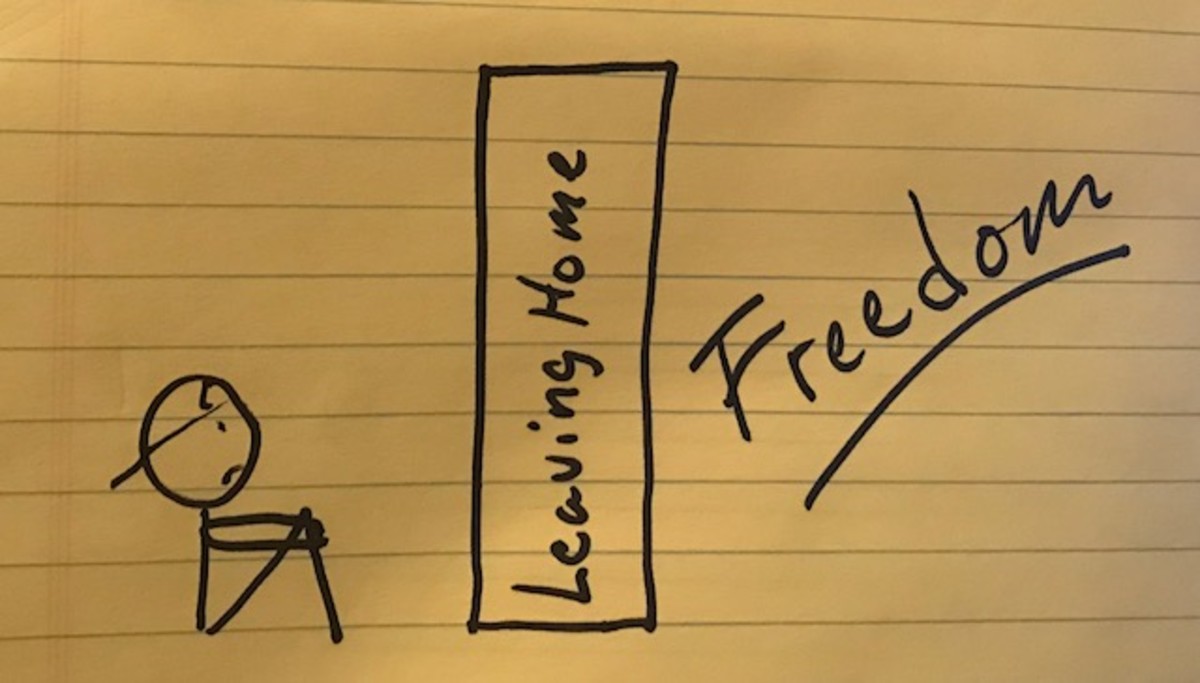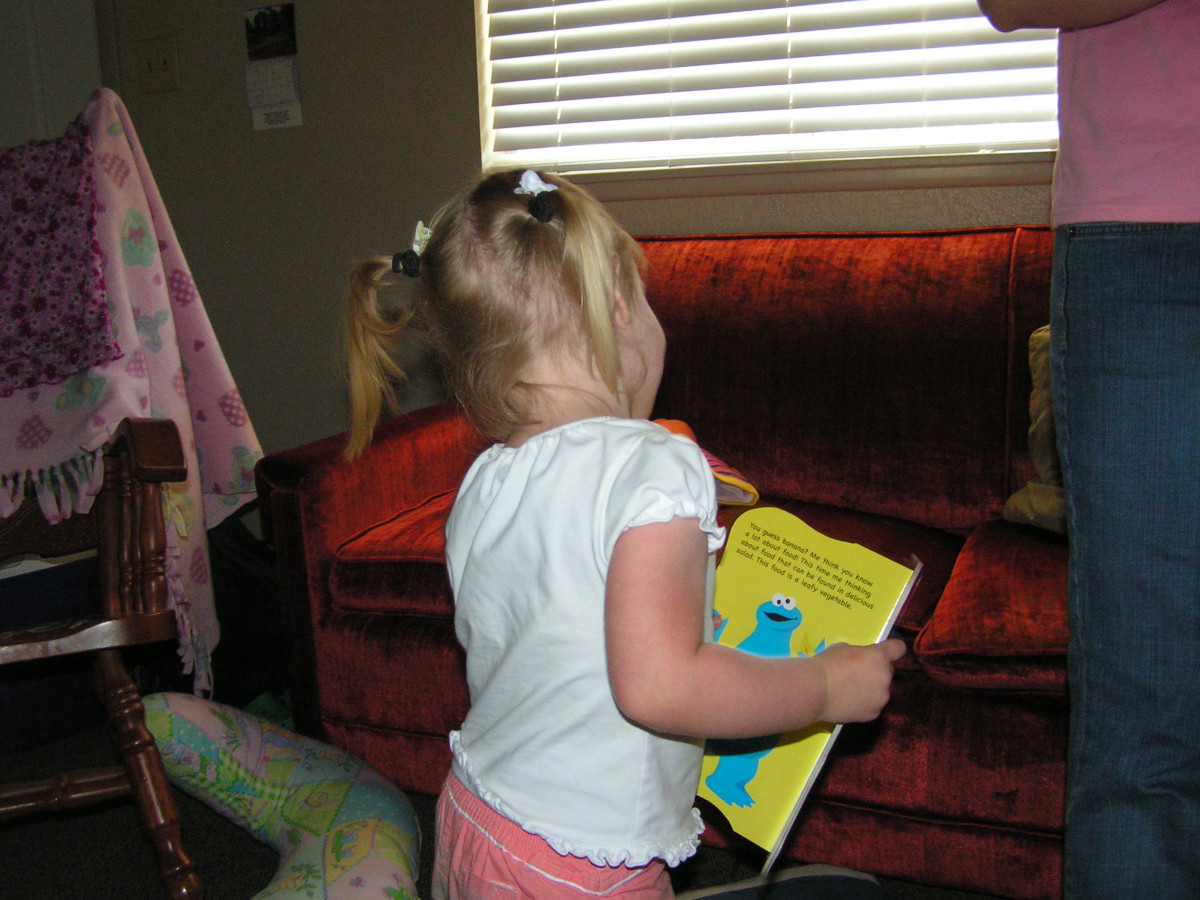Should We Allow Our Kids to Fail?

What Are We Teaching Our Kids?
Astronauts go through rigorous training and if they fail any tests, they actually have an edge on other applicants when trying again.
It’s a disappointment for the astronaut wanna-be and the delay is inconvenient. But they when they finally get the chance to try again, the rocket lover knows what doesn’t work and abandons that method. Your young adult also gains an edge when you allow them to bomb.
Have you heard of the MiniBrake? It’s a remote control device allowing parents to apply the brakes to the back tire of a bicycle in case little Billy is pedaling too fast or too far from the yard.
This device is probably not the best way to help Billy learn obedience or safety. Remotes are created for our convenience. Yet when it comes to our kid’s training, I’m undecided if using this device is lax or hyper-protective.
While laziness may encourage neglect, being overly present is a problem too. My wife and I observed an example of this one beautiful spring day.
When our youngest daughters were little, we took them to an Easter egg hunt. Once it started, I was surprised to see a dad out on the field waving, screaming, and pointing at hidden eggs in the grass.
He stood in front of the eggs so other kids couldn’t find them. He continued to do whatever necessary to prevent his child from facing disappointment. As the hunt ended, his boy came back with a busload of plastic eggs. Our girls had five or six each.
The dad saw my disapproval. Sweating and red-faced he smiled at me sheepishly, “I had to. He would have been really sad with only a few eggs.”
Whatever, cheater.
I can’t recall if our girls saw the boy’s basket or if they cared, but we escorted our little girls to a park bench and pulled the candy out of each egg. They were content and that was good enough for us.

Society Isn't Helping
Years later, in preparation for our daughter Jadyn entering high school, we attended an orientation event for incoming 9th graders. The high school offered a robust International Baccalaureate (IB) program for students preparing for college.
As the female faculty member presented the information, she made a comment catching my attention. With such a rigorous workload, and to ensure our student’s success, she needed our involvement.
“Parents, you need to count the cost and prepare yourselves. Our expectations are for you and your child to work together on assignments.”
While I agree college-level courses can be difficult for high schoolers, I wasn’t convinced my participation was the solution. I stared at the floor.
Who’s going to school here, my daughter or me?
A short talk with Jadyn clarified our family’s clashing expectations from those of the school. We would not be participating in any assignments. This was nothing new for her.
Without a blink, Jadyn smiled and nodded, “Yep, I get it. Business as usual.”
It wasn’t as if we planned to throw her overboard to sink or swim. As always, we would be available to sit down and help her understand difficult homework if she needed us.
It’s unknown if Jadyn’s confidence to tackle the IB program came from our household environment or not. We tried to be present if she needed us, yet still hold her responsible for her own success or failure.
But I tend to get it wrong a lot of times. It’s a wonder my kids aren’t majorly screwed up. All I know is, when kids understand we’re in their corner—that we’re for them but won’t be doing it for them, they gain confidence, not lazy entitlement.
Still, rather than risk the chance of a child experiencing pain, danger, disappointment or failure, more and more parents attempt to take matters into their own hands.
Meanwhile, we fret over the constant media focus on safety and our own need for approval. It’s no wonder we have become helicopter parents. We obsess over:
- peanut allergies,
- GMOs,
- vaccines,
- recalled toys,
- child abduction,
- and more.

Helping or Annoying?
Alarmed parents are filling out elaborate spreadsheets to track their child’s bowel movements. Don’t get me wrong. I love my kids. But I have a life—a job. At my age, I’m too busy filling in my own spreadsheets for my doctor, if you get my drift.
Some kids aren’t happy about our obsession. I recently read about Aubrey Ireland, an Ohio college student who filed a restraining order against her parents.
They installed a tracking device on her phone and asked her to keep Skype on all night so they could monitor her while she slept.
For some reason, moms and dads are experiencing an overwhelming compulsion to exert control over academics, extracurriculars, and even free time, in order to ensure their young adults have a smooth ride through life.
But there is value in stepping back and letting your child learn from mistakes. It’s never fun to see our child fall on their face, but we parents have the curse of seeing our kid’s train wrecks approaching long before our kids do.
Tim Elmore, in his article for Focus on the Family, gives this wise advice:
“We must move from being a helicopter parent—hovering, guarding, keeping a tight hold, perhaps manipulating and controlling—to being a lighthouse parent. A lighthouse stays in one location, and it’s a beacon that has ongoing communication with passing ships. A lighthouse reveals its location; it warns mariners of danger and provides wise guidance—but it won’t chase down the ships.” *
*Tim Elmore, “From Helicopter Parent to Lighthouse Parent”,Focus on the Family.com, 2015, https://www.focusonthefamily.com/parenting/parenting-roles/ from-helicopter-parent-to-lighthouse-parent
Learning to Push Boundary Lines
Teaching our children survival techniques begins early. That’s not to say it’s too late if your child is already a teen. It’s never too late to change course. Expecting them to do chores (unpaid) and help around the house is healthy. Age-appropriate duties should begin by age 5 at the latest.
I know it’s not the 1700s. A 10-year-old doesn’t necessarily need to be coached on how to gut a deer these days. Still, push the envelope a bit. Draw an imaginary line defining what you believe your child can do, then stretch it a little farther beyond your comfort zone. Notice I said “your” comfort zone. This is about you stretching, not your child. Your kid doesn’t need to be convinced; he already knows how to push the boundaries. That’s why kids run with scissors.
I’ve found if I can think long term, I avoid being hyper-focused on what’s happening in front of me at that moment. Sometimes I pull away and ask myself where I want my kid to be six months from now.
Do I want Jim-Bob to know how to shovel snow perfectly, or only know the concept in general? Competence is not perfection.
Is it important Suzy gets a good grade on tonight’s homework, or that she pass this class and move to the next grade level? Which one is vital in the long haul?
Pushing the parameter is best done earlier than later. If your child succeeds, they will beam with confidence because they’re so young, yet accomplished something an older, more protected kid couldn’t or wouldn’t try.
If they fail, they’ve not only done so within the safety net of family, they’ve learned something valuable, placing them a step ahead of older kids.
Much of these life lessons require us to let go of perfection so our son or daughter learn by trial and error. The grass may not get cut in straight lines, but you’re giving your kid a priceless gift, that of confidence, wisdom, and experience.
Let go and watch your emerging adult soar. Soon you’ll swell with satisfaction when you hear your young adult giving advice to other college students on how to do laundry.









